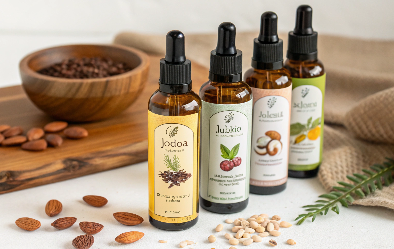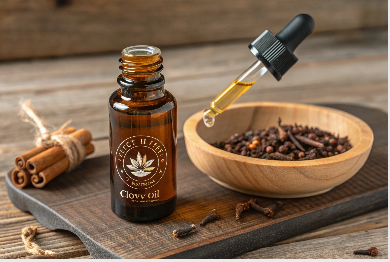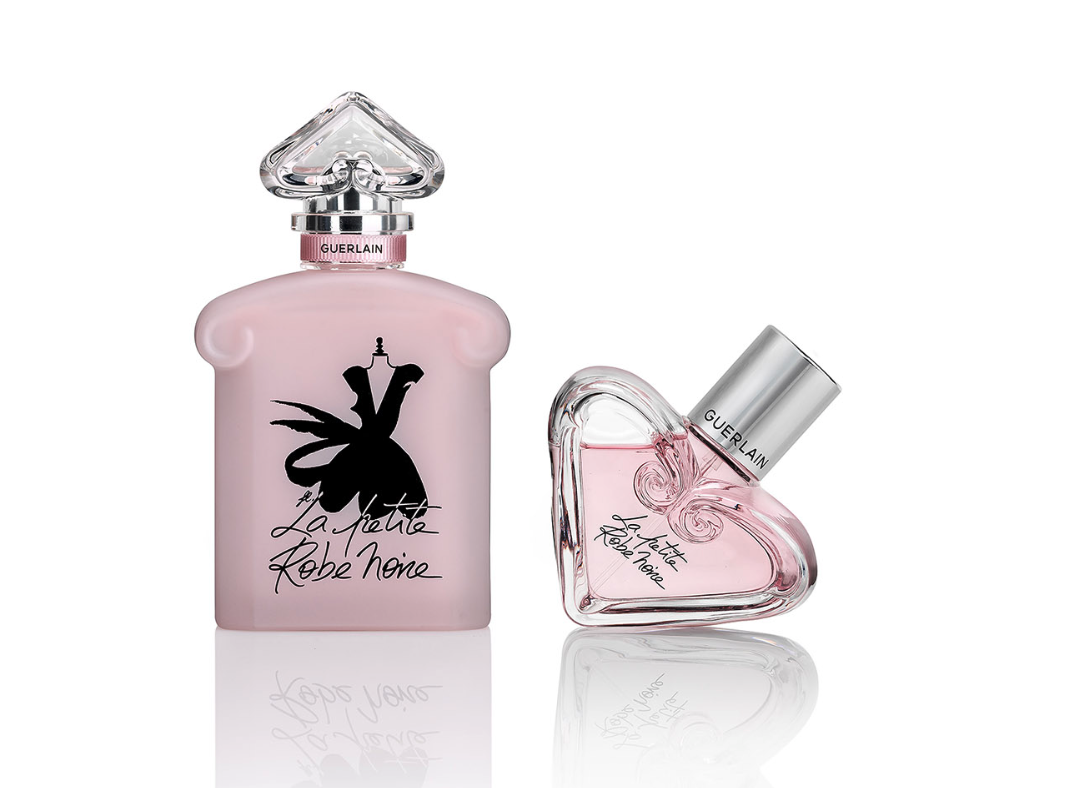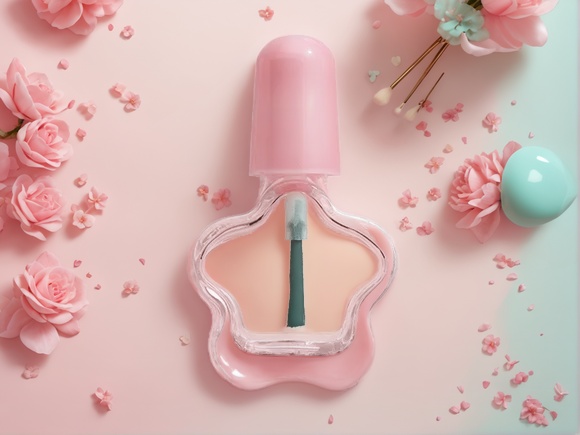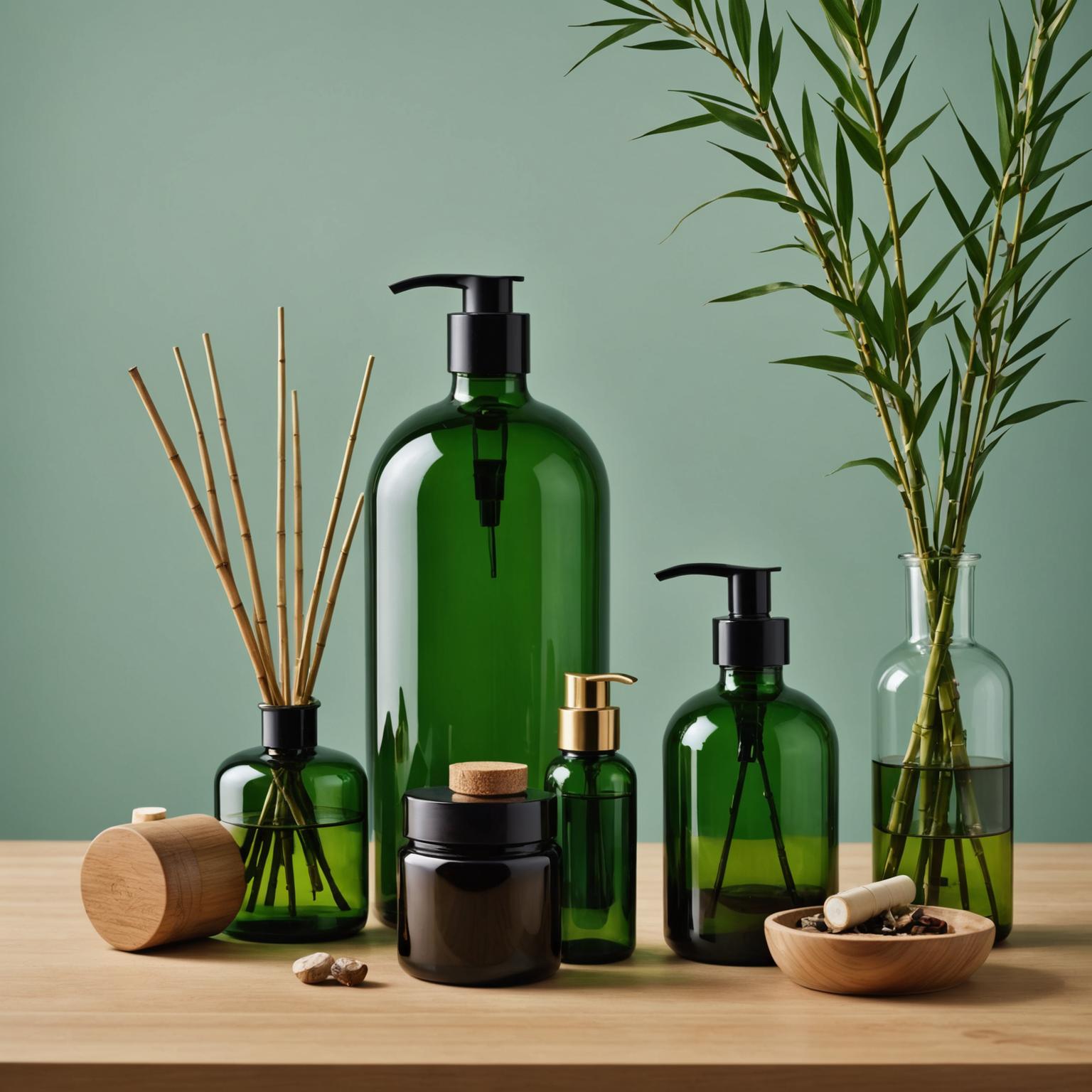Clove oil is often associated with oral care and pain relief, but its rich, spicy scent has plenty to offer in the world of aromatherapy. When used correctly, it's both potent and beneficial.
Yes, clove essential oil can be used in aromatherapy to support immune function, relieve respiratory discomfort, and create a warm, grounding atmosphere—but it must be used in moderation due to its strength.
If you’re blending for a seasonal line or exploring energizing and antibacterial formulas, clove oil is a bold addition worth considering. But like all powerful oils, it comes with precautions.
When should you not use clove oil?
As effective as clove oil is, it's not for everyone or every situation.
You should avoid clove oil if you’re pregnant, have sensitive skin, bleeding disorders, or are using it near mucous membranes, as it can be irritating and potentially toxic in high concentrations.
Situations to Avoid Clove Oil:
-
Pregnancy and breastfeeding – May influence hormonal balance
-
On infants or children under 2 – Too potent for young systems
-
On broken skin – Can cause a burning sensation
-
Before surgery – Clove’s eugenol content can thin the blood
-
In high doses – Can lead to liver toxicity if overused
Always dilute clove oil heavily for topical applications (typically less than 0.5%) and avoid using it undiluted or in high concentrations around sensitive individuals.
At PauPack, we work with clients to create essential oil roller blends and sprays that are clearly labeled with safety warnings, including special caps or tamper-proof packaging to prevent overuse.
Is it safe to inhale clove essential oil?
This oil packs a punch—so is it safe to breathe?
Yes, it is generally safe to inhale clove essential oil when diffused properly in small amounts, but it should not be overused or directly inhaled for long durations.
Inhalation Safety Tips
-
Use low concentrations – No more than 2–3 drops per 100ml of water in a diffuser
-
Limit time – Diffuse for no more than 30–60 minutes at a time
-
Ventilate well – Especially in small or enclosed rooms
-
Avoid direct inhalation – Do not place near nose or mouth undiluted
Clove’s main compound, eugenol, has strong antibacterial and anti-inflammatory properties but can irritate the lungs if misused.
That’s why PauPack recommends pairing strong oils like clove with mellow carriers like orange, cinnamon leaf, or frankincense in diffuser blends—and packaging them in amber glass spray bottles or blend-ready dropper bottles for safe use.
Can you put cloves in a diffuser?
If you’re thinking of dropping whole cloves into a water-based diffuser—it’s not going to work the way you think.
You cannot use whole clove buds in an electric diffuser, but you can use clove essential oil extracted from the buds for effective diffusion.
Why Not Whole Cloves?
-
They don’t dissolve or release consistent scent in water
-
They could damage diffuser components
-
The effect is much weaker and inconsistent compared to essential oils
Instead, use clove essential oil (preferably steam-distilled from buds) and blend it with complementary oils like:
-
Orange – For a festive, balanced aroma
-
Cinnamon bark or leaf – For warmth and immune support
-
Eucalyptus – For respiratory clearing
For brands offering seasonal aromatherapy sets, PauPack packages diffuser oils in gift-ready 10ml and 15ml bottles with orifice reducers and custom labeling.
How to use clove oil for cold and cough?
With its warming, antimicrobial power, clove oil is a natural remedy for respiratory symptoms—but it should be used with caution.
To use clove oil for cold and cough, add 2–3 drops to a diffuser, steam bowl, or chest rub blend. It can help clear congestion, ease sore throats, and reduce cough due to its anti-inflammatory properties.
Application Methods
-
Diffuser Blend: Use 2 drops clove + 3 drops eucalyptus + 3 drops lemon
-
Steam Bowl: Add 1 drop clove to hot water, cover head with towel, and inhale (not for children)
-
Chest Rub: Mix 1 drop clove with 1 tbsp coconut oil + 2 drops peppermint for a gentle balm
Do not apply clove oil directly to the throat or chest without dilution. It’s also not recommended for internal use unless prescribed by a certified aromatherapist.
For professional use, PauPack supports cold and cough product lines with airtight, tinted glass bottles, dropper inserts, and roller formats that maintain potency and precision.
Conclusion
Clove essential oil is a powerful aromatherapy tool when used with knowledge and care. It offers real benefits for immunity and respiratory support, but it demands respect. With the right dilution, proper packaging, and complementary blends, clove oil can become a hero note in your seasonal or wellness-focused product line—and PauPack is here to help you present it safely and beautifully.




